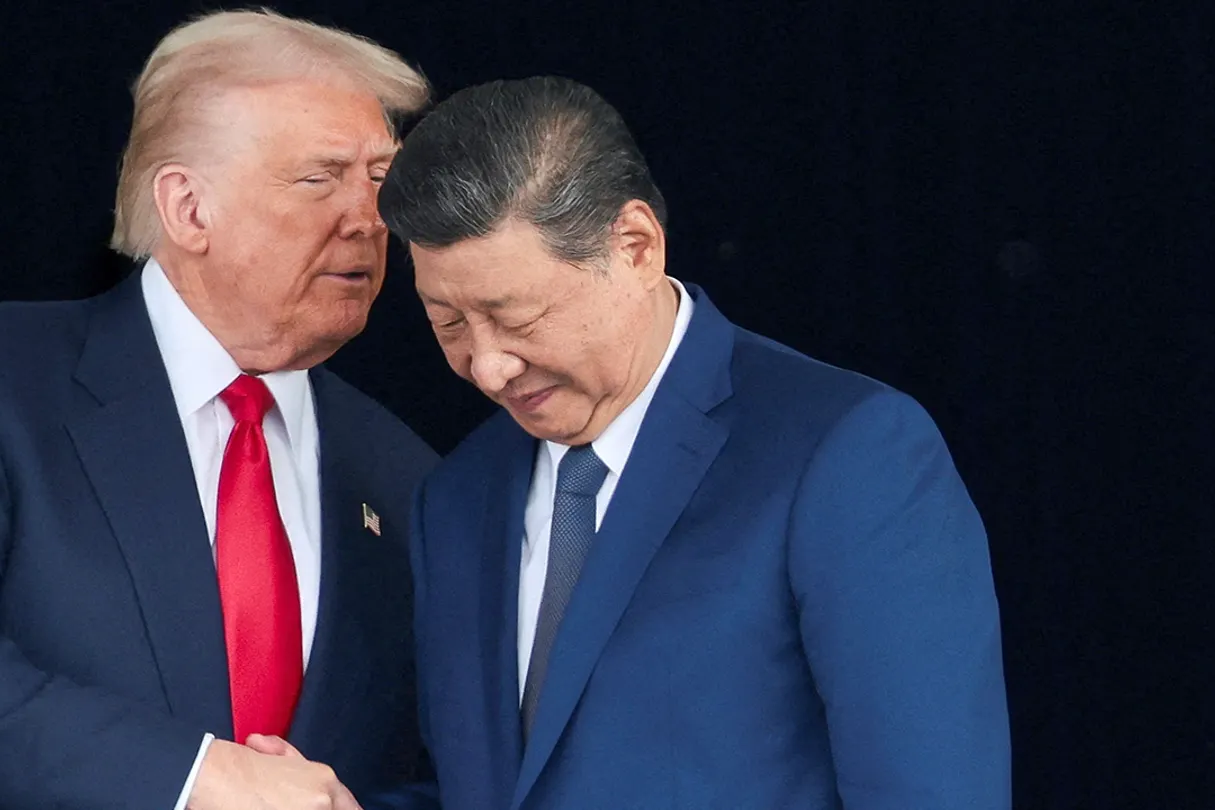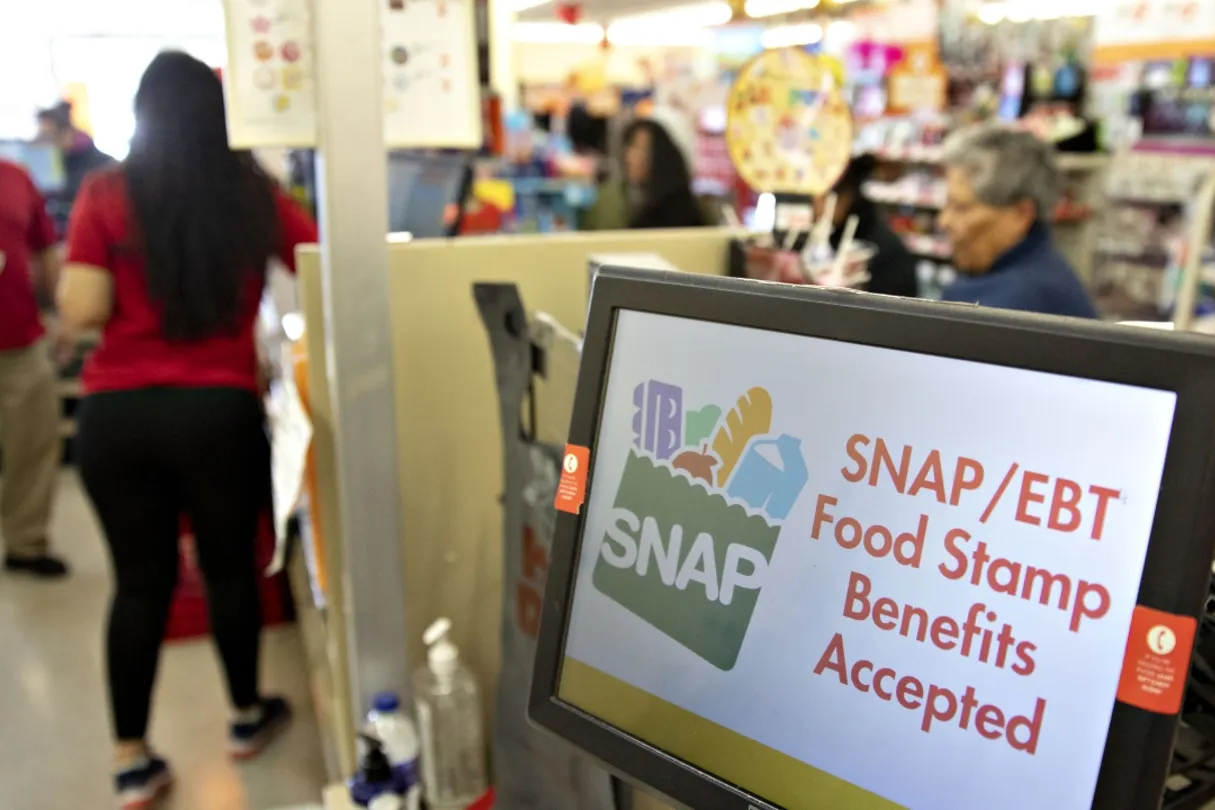Did you know about debanking? We did.
The conversation about Old Glory Bank began in November of 2020, when Eric Olhausen called our President and CEO, Mike Ring, about an idea for a Pro-America Bank. Ring loved the idea, but didn’t then have the passion to upend his life to help create one. That is, until January 20, 2021, when Ring heard Mike Lindell, the owner of MyPillow, on the Sean Hannity radio show talking about how his business had lost its distribution in stores due to his outspoken pro-Trump and pro-conservative comments.
Ring knew in that moment that Eric’s idea was necessary, because the “cancellation" would not stop there. Ring knew that payments and financial transactions would follow. “I started screaming at the radio, ‘Lindell they are coming for your banking next!’ I knew in that moment that if one group can shut down the ability to transact business or process payments, they win and America loses. I immediately called Eric and told him his idea to start a Pro-America bank was ready and this will the answer to debanking!”
Ring and Eric took action right away and gathered the team that would form the senior leadership and co-founders of Old Glory Bank. Quickly, their fears were confirmed and stories of individuals and businesses who had their bank accounts canceled made their way back to the team. This confirmation further spurred them on to execute the daunting task to which they were called: Create an alternative to the woke banks. A bank that would not cancel its law-abiding customers, regardless of their political affiliation or speech. Old Glory Bank was formed.
It has been four years since that proclamation to create Old Glory Bank, and the leadership of Old Glory Bank has executed exactly what they set out to do: Create a bank that serves customers in all fifty states with the promise of privacy, security, and liberty in their financial lives. Many of those canceled from other banks are now customers of Old Glory Bank.
Over the years, educating other consumers and businesses about the frequency of debanking has proved challenging. People on social media understandably wanted “receipts.” They were skeptical that this was actually happening, and a chorus of “Prove it!” rang out from social media responses. Of course, as a bank, we will not share information publicly about our customers. Understandably, many of these customers also wanted to stay quiet about this issue, fearing further retaliation in other spheres of their lives. They still have other business and personal relationships they need to preserve to protect their families.




